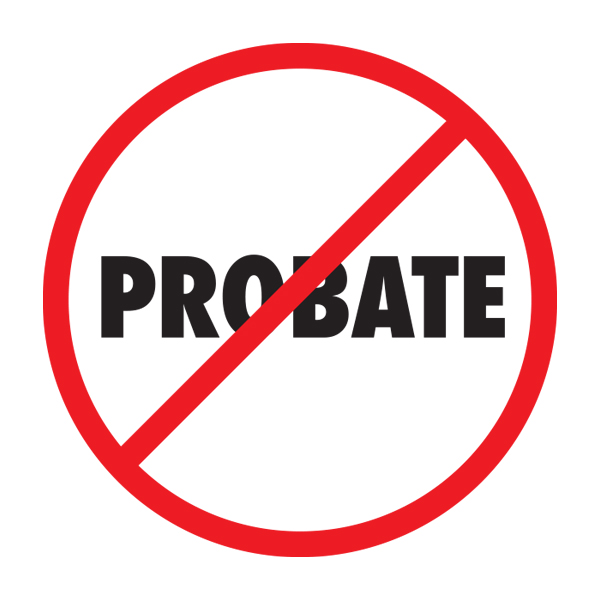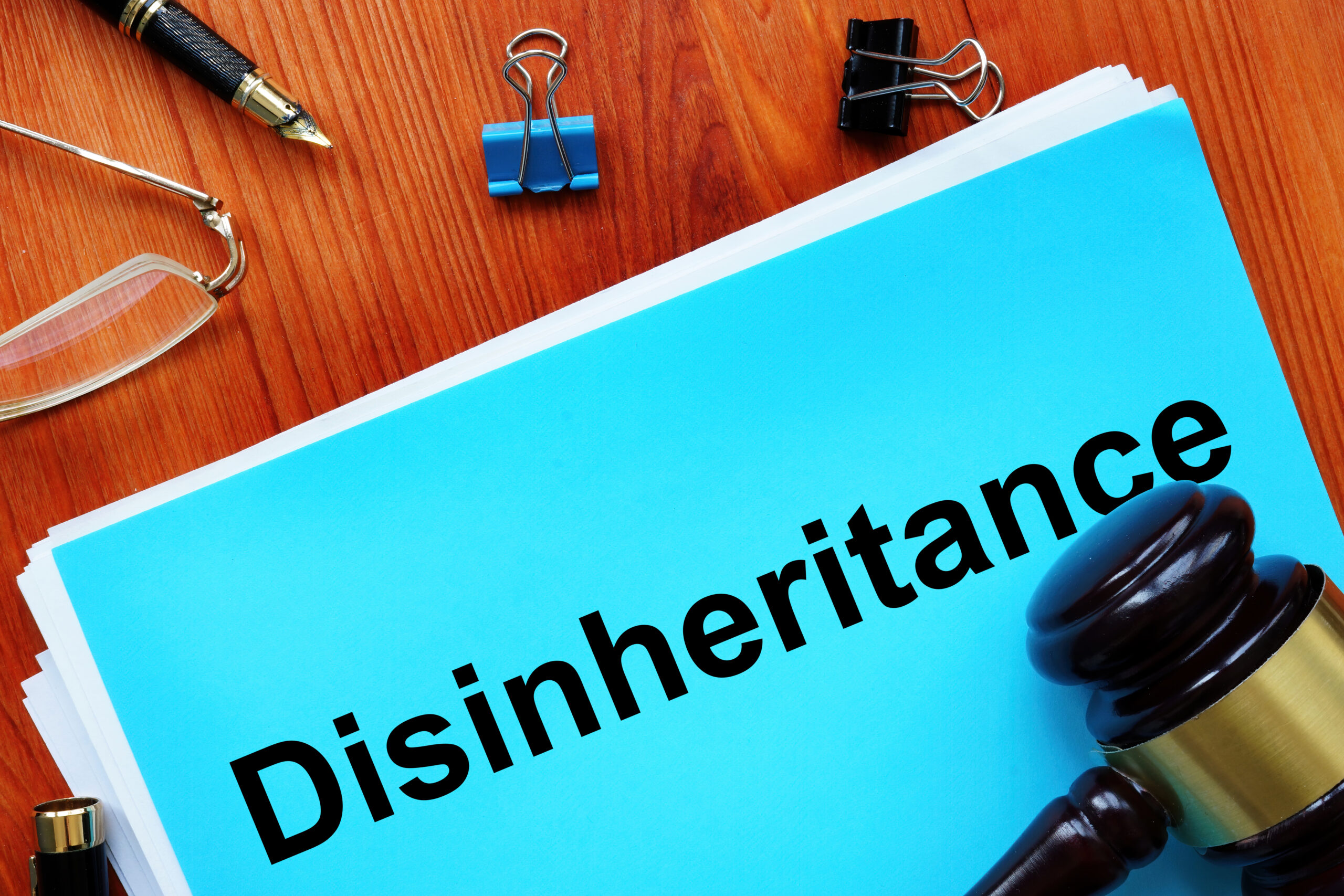In Part 1 of this 2-part series on Massachusetts Probate, we discussed what probate is, when and how to file it, and what the four probate options are. In this post, we will provide an overview of why probate should be avoided, how to avoid it, and what that really means.
Why avoid probate?
Costly and Time Consuming
As we mentioned in Part 1 of this series on Massachusetts Probate, probate proceedings can remain open for at least one year due to the statutory creditor period, and oftentimes can remain open for several years depending upon the nature of an estate and/or family or other challenges. Probate can put lots of unnecessary additional pressure on your grieving family and loved ones. It can take a lot of time and effort to gather and properly file all the necessary documents with the Court and other institutions, and cost a lot of money between filing fees, attorney fees, and costs of administration.
Family considerations
Losing a loved one is hard enough. Suddenly being thrust into what can quickly become a confusing legal process of forms, procedures, hearings, and deadlines, riddled with traps and pitfalls, is not what anyone wants to deal with at such an emotional and difficult time. Further, administration of an estate can take months, if not years to complete, and could include family disputes and feuds creating situations that cost more time, money, and resources.
Privacy
Wills on their own do not avoid probate. It should also be noted that a will is not private. Upon death and filing a probate matter, wills become a public record as a part of the probate record. This means that anyone can walk into a Probate and Family Court clerk’s office, request a file, and read through a will and see who received what. If more privacy is desired, removing assets from your probate estate through use of the below tactics, can help provide more privacy. If specific distributions post-death are desired rather than joint-ownership (see below), a trust plan may be more appropriate, as generally, trusts do not become public records. Even though pour-over wills (a will which directs the assets be distributed to a trust) become part of the public probate record, they contain less information about specific distributions, thus affording more privacy.
How to avoid probate: “Beneficiaries, beneficiaries, beneficiaries!”
Generally, probate can be avoided with proper estate planning and/or titling of assets/property. Some examples include:
- Jointly held property where there is a right of survivorship. This could be bank accounts or real estate held as “Joint Tenants with Rights of Survivorship” or if married, as “Tenants by the Entirety”;
- Bank accounts held in trust, or payable on death (POD);
- Proceeds from a life insurance policy, bank account, or retirement account that names a beneficiary; and
- Property held in a trust created by the decedent.
Therefore, avoiding probate means to remove assets for the probate estate. However, actually FILING a probate case may still be required even with an “empty” estate. Thus when we attempt to avoid probate, the goal is to remove as much property from a probate estate as possible using some combination of the above tactics.
Each of the above tactics have pros and cons and should be discussed with a qualified estate planning attorney. Further, certain title options may not be available for certain assets. For example, Massachusetts does not allow transfer-on-death deeds for real estate, nor transfer-on-death beneficiaries for vehicles, but may allow transfer-on-death beneficiaries for stocks/bonds/investments.
Note again that a will alone does not avoid probate.
What do we mean when we say “Estate?”
Through conversations with clients, I’ve found that one of the most confusing aspects of estate planning is actually using and defining the word “estate.” We use the word “estate” mainly to refer to two separate things – probate estate and taxable estate. Briefly, the distinction between them is:
- Probate Estate: Assets held directly by decedent at the time of their death – i.e., not jointly owned, and with no beneficiary designation. This simply means that court administration will/may be required for these assets because the decedent holds them individually at the time of their death, and did not use one of the above tactics to remove the asset/property from their probate estate.
- Taxable Estate: Assets owned by decedent at time of death regardless of joint ownership or beneficiary designation. Assets include, among other things:
- Cash/bank accounts;
- Stocks/investments;
- Bonds;
- Real Estate;
- Collectibles;
- Jewelry;
- Cars, and
- Life Insurance (depending on how it is owned/who beneficiary is) – Can be removed from taxable estate through use of an Irrevocable Life Insurance Trust (ILIT).
**Just because an asset is removed from your probate estate, does not mean it is removed from your taxable estate**
For more information about probate and estate planning, schedule a free consultation with Zuccaro Law, LLC today!
No information in this blog post is to be construed as, nor is intended to be, legal or tax advice. Consult with competent legal counsel and/or tax professionals prior to taking any action. Do not rely on any information contained in this blog post as the law changes from time-to-time and this blog post may not be updated to reflect those changes.
© Zuccaro Law, LLC. All Rights Reserved.






